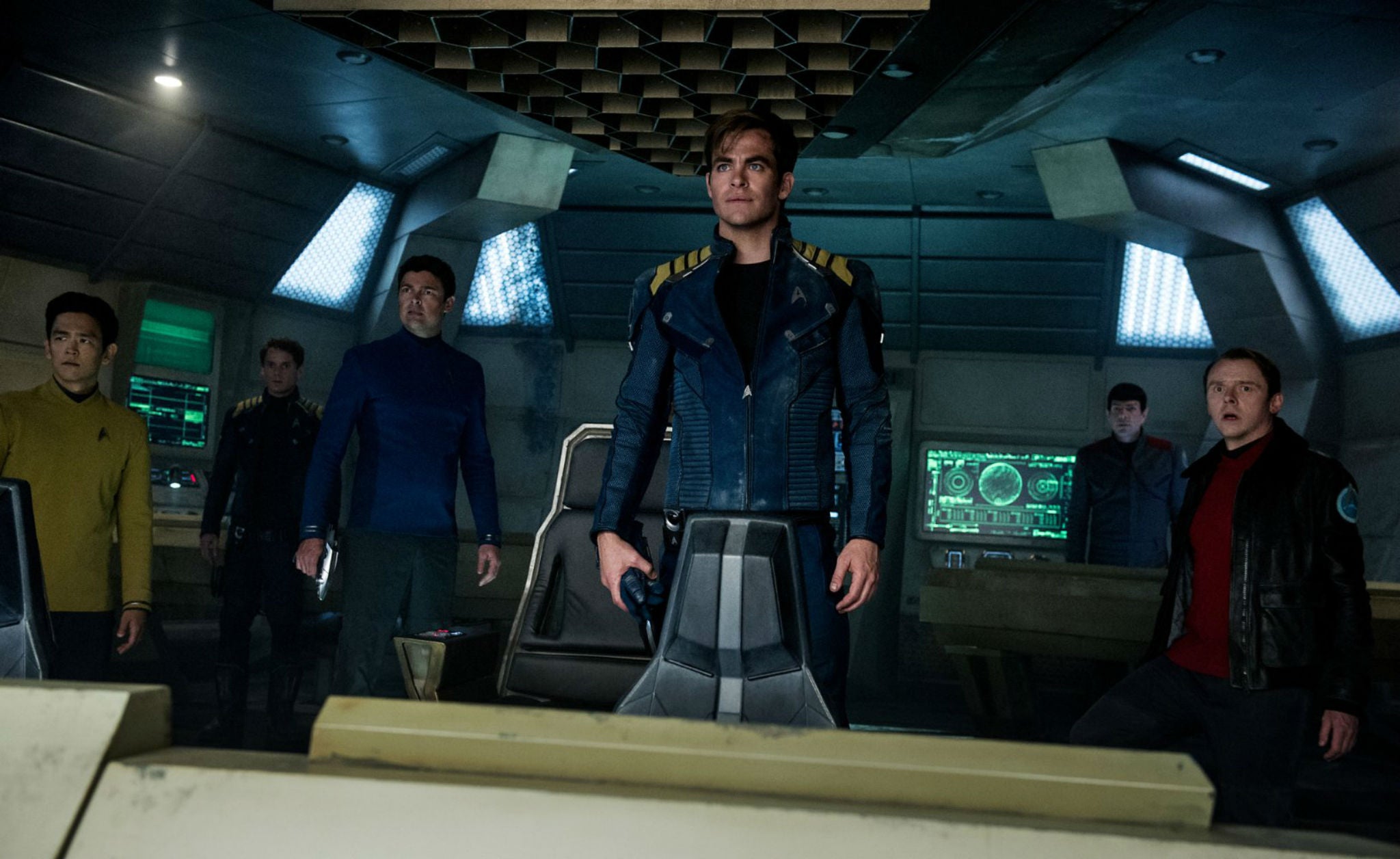Your support helps us to tell the story
From reproductive rights to climate change to Big Tech, The Independent is on the ground when the story is developing. Whether it's investigating the financials of Elon Musk's pro-Trump PAC or producing our latest documentary, 'The A Word', which shines a light on the American women fighting for reproductive rights, we know how important it is to parse out the facts from the messaging.
At such a critical moment in US history, we need reporters on the ground. Your donation allows us to keep sending journalists to speak to both sides of the story.
The Independent is trusted by Americans across the entire political spectrum. And unlike many other quality news outlets, we choose not to lock Americans out of our reporting and analysis with paywalls. We believe quality journalism should be available to everyone, paid for by those who can afford it.
Your support makes all the difference.In the eternal battle for supremacy between those two great sagas, Star Wars and Star Trek, George Lucas' fantasy vision of laser sword wielding space monks and bun-headed princesses has always seemed to have one over on Gene Roddenberry's primary-coloured paean to Apollo-era optimism. The early Star Trek movies might never have been made if not for 1977's Star Wars ushering in the blockbuster era virtually singlehanded with its strange but irresistible clash of Kurosawan honour codes and pulpy interplanetary romance. While Trek fans would no doubt disagree, its rival series has always seemed to engage with a wider audience. Something about Lucas' simple yet vivid portrayal of conflict between good and evil seems to trump Roddenberry's more down-to-earth vision of a future based essentially on peaceful co-existence for all races, creeds and colours, from here to the Milky Way.
But perhaps it's time to stand up for Star Trek, because not only is the less-successful saga about to give us a third pretty decent movie in a row (something Star Wars hasn't done since 1983), it arrives in cinemas just as the world needs a reminder that a little cosmic positivity goes a very long way.
It was Star Trek that gave us the first interracial kiss on mainstream US TV, Star Trek that dared to imagine that the future might not be led entirely by Anglo-Saxons and Star Trek that has, in new movie Star Trek Beyond, given us our first look at openly gay leading characters in blockbuster science fiction - even if original Sulu George Takei hasn't been able to work out quite how to take it and new Sulu John Cho hints producers could have pushed the dynamic a little further.
In Beyond, Captain Kirk and his crew follow a distress signal to a strange world ruled over by an alien warlord, Krall, who harbours anti-Federation ambitions. It's a storyline that, without giving too much away, presents the crew of the Enterprise as heroes for those who believe that the future will not be based on narrow-minded nationalism, on the view that our differences will always be too great to allow us to come together in collectivist harmony, on the mantra that getting one's country back is more important than the proud goal of peaceful co-existence and the sense that we are essentially all one people.
Kirk himself, Chris Pine, has posited Beyond as a symbol of anti-Brexit sentiment, and it's clear there are no Mexican walls in Star Trek's United Federation of Planets. Hell, even the warlike Klingons were eventually brought on board in Star Trek: The Next Generation. Those who continue to form along cultural lines, like the rogue Romulans of 2009's Star Trek, are outcasts. Violence is only ever used to bring those beyond the pale back into line with the Federation's abiding utopian, pluralistic goal. The Brexiteers and the Trumpians that would seek to divide us are always the enemy.
On the superbly-realised starbase Yorktown, where the crew of the Enterprise arrive for shore leave part way through their five-year mission to explore outer space at the beginning of Beyond, it's not just gay couples who are allowed to live their lives without prejudice. The hive of different species walking the promenades of this topsy-turvy, gravity-defying space metropolis are emblematic of the cosmopolitan nature of our own big cities, from London to New York. When the base comes under attack later on in the movie, the symbolism is clear.
Star Wars has always been more of a cultural touchstone than its rival, and will probably remain so despite the success of the all-action reboot movies and new TV series set to debut on Netflix. But those who think of Star Trek as a repository of bad alien make-up, hokey storylines and homespun, cornball space wisdom - and I am guilty of this view myself - need to be reminded how lucky we are that Roddenberry's liberal utopian vision remains as bold and vital as it ever did, more than 50 years on from the debut of the Original Series.
Star Wars was always, deliberately, imagined as events detached from human history, taking place in a fantasy scenario a long, long time ago, in a galaxy far, far away. But Star Trek increasingly looks like a future our descendants would most likely consider themselves very fortunate indeed to end up living in.
Star Trek Beyond arrives in UK cinemas on Friday 22 July

Join our commenting forum
Join thought-provoking conversations, follow other Independent readers and see their replies
Comments